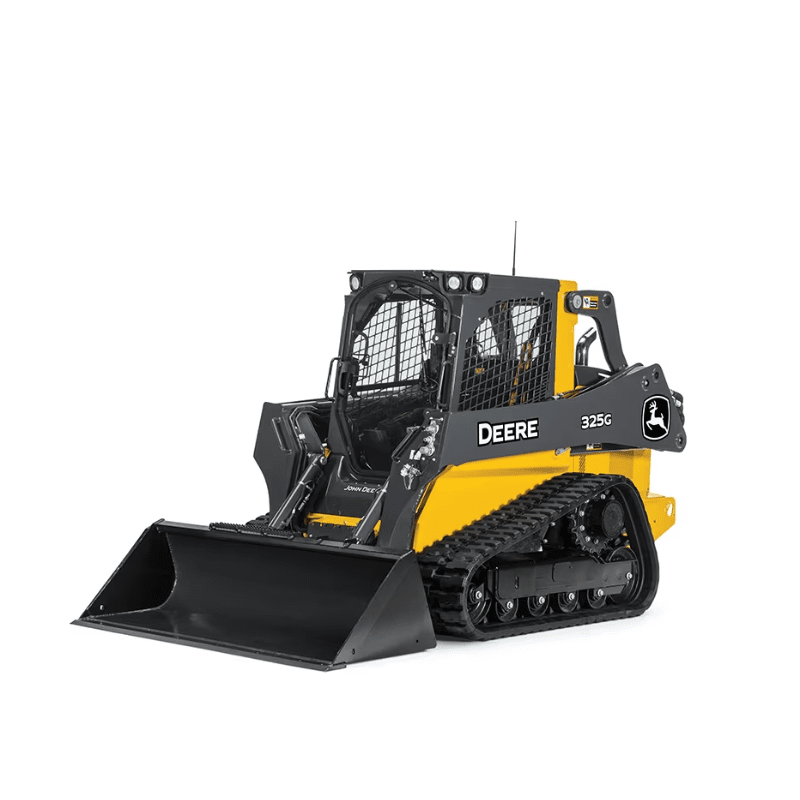Construction Equipment Rentals: Strong Machinery for Your Jobs
Construction Equipment Rentals: Strong Machinery for Your Jobs
Blog Article
Optimize Your Budget Plan by Recognizing the Prices Linked With Building Equipment Services
Understanding the full range of prices linked with construction devices services is essential for optimizing your spending plan. What approaches can be used to effectively handle these expenses and make sure an extra reliable rental experience?
Review of Rental Expenses
When considering building tools leasings, recognizing the associated prices is critical for reliable budgeting and project planning. Rental costs can differ considerably based upon several aspects, including equipment type, duration of leasing, and area. The preliminary rental charge commonly shows the equipment's market demand and its connected operational capabilities, affecting the overall cost.
Along with the base rental rate, secondary costs may develop, such as transportation charges, gas additional charges, and maintenance fees. It is important to make up these additional expenditures to accurately examine the total price of leasing equipment. In addition, the rental period can affect prices; longer services may get discounted rates, while short-term services might incur higher everyday fees.

Break Down of Rental Rates
A comprehensive understanding of rental prices is crucial for service providers and job supervisors aiming to optimize their spending plans. Rental prices for building equipment normally contain a number of components, consisting of base rates, time-based charges, and usage fees.
Base prices are the core fees related to the service of the devices, frequently established by the kind and size of the equipment. These rates can differ substantially, influenced by variables such as equipment demand, accessibility, and local market trends. Time-based costs, which may be daily, weekly, or monthly, offer to fit different job timelines and rental durations.
Additionally, rental prices may consist of usage charges, which are suitable when equipment is made use of beyond a defined threshold, making certain that the rental company can account for deterioration. Seasonal demand changes can also impact rental prices, with peak building periods typically commanding greater prices.
Additionally, recognizing the rental company's plans relating to upkeep and insurance coverage can give further insight right into the general expense framework. By evaluating these elements, contractors can make educated decisions, making sure the choice of rental equipment lines up with both task requirements and spending plan restraints.
Additional Charges to Think About
Recognizing the intricacies of extra charges is important for service providers to handle their overall rental expenses effectively. Beyond the standard rental rates, numerous additional charges can significantly impact the total price of devices leasing. These charges frequently include delivery and pick-up fees, which can vary based upon range and logistics associated with carrying the equipment to and from the task site.
Additionally, some rental business may impose gas additional charges if the tools is returned with much less fuel than when rented. It is additionally important to be aware of possible cleaning fees, specifically for customized devices that requires complete maintenance after use.

Thoroughly examining the rental agreement and making clear these additional fees ahead of time can assist professionals stay clear of unforeseen costs and guarantee that budget plans remain intact throughout the task lifecycle.
Maintenance and Fixing Expenses
Normal maintenance and fixing expenses are frequently ignored factors that can substantially influence index the general price of building tools services. When renting devices, it is important to consider not just the rental fees however also the potential expenses related to maintaining the machinery in optimal operating condition.
Many rental companies consist of standard maintenance as part of the rental contract; however, a lot more unanticipated breakdowns or substantial fixings can lead to additional expenses. It's important to examine the rental agreement carefully to understand what maintenance services are covered and what responsibilities fall on the renter.
Furthermore, devices that is not properly maintained can result in inadequacies on duty website, potentially increasing and causing hold-ups task expenses. To alleviate these dangers, it is a good idea to carry out routine evaluations and preserve open communication with the rental company relating look at this web-site to any issues that arise throughout usage.
Insurance Coverage and Obligation Costs
Insurance and responsibility prices are vital elements that can dramatically influence the total expenditure of building equipment services (construction equipment rentals). These prices make sure that both the rental business and the customer are secured from potential monetary losses developing from accidents, damages, or theft throughout the rental period

In addition, clients need to recognize any kind of deductibles or exemptions in the insurance plan, as these can influence potential out-of-pocket costs. Recognizing the terms of any type of insurance policy protection is vital to avoid unanticipated expenses. Eventually, budgeting for insurance policy and liability expenses can assist make certain a smoother rental experience and protect against monetary threats connected with construction projects.
Final Thought
In final thought, a detailed understanding of the expenses associated with building and construction equipment services is crucial for efficient budget management. Inevitably, notified decision-making regarding equipment services contributes to the overall success of building and construction ventures.
Rental prices can differ considerably based on several variables, including equipment type, duration of leasing, and location (mini excavator rental). The rental period can influence pricing; longer services may certify for discounted prices, while temporary rentals may sustain higher day-to-day charges
By carrying out thorough study and involving with trusted rental firms, professionals can new backhoe for sale successfully navigate the intricacies of rental pricing, eventually optimizing their financial resources.
Past the conventional rental prices, various auxiliary charges can substantially influence the total price of equipment leasing. Rental firms frequently supply responsibility insurance coverage that covers injuries to 3rd events or damages to residential property, while equipment damage insurance coverage can cover the expense of repair services or replacement if the rented devices is damaged.
Report this page